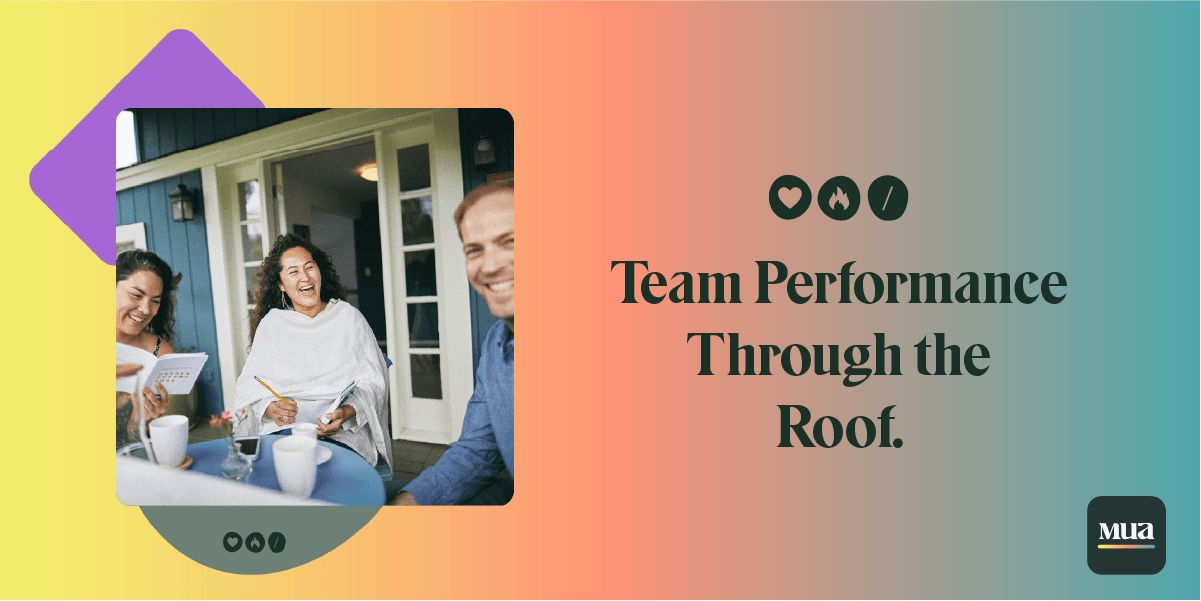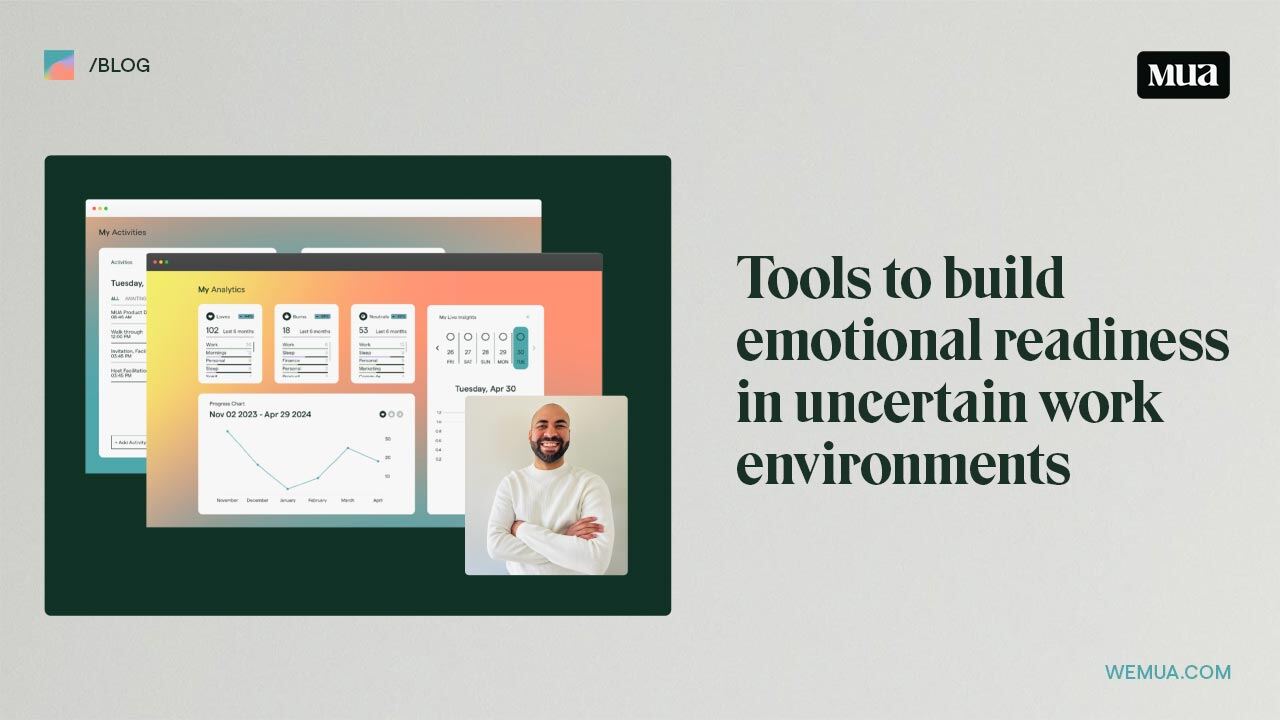Essential Skills for Career Success and Personal Growth | MUA
 Julius Geis
·
3 minute read
Julius Geis
·
3 minute read
Change is a part of our everyday lives. From the people we interact with, to where we live and what we do; there is rarely anything that stays the same forever. Our professional lives are no different. There are constantly new projects, new positions, updated expectations, and fresh faces being introduced into our professional world. Recently, Forbes Coaches Council sat down and listed some of the most sought-after qualities professionals should have to stay competitive and stand out in 2023. Many of these qualities have also been noted in places like LinkedIn Learning’s 2021 report on what skills are most important to L&D (Learning & Development) leaders globally. Let’s look at a few of these skills and beak down what they mean, why they are important, and how you can develop these skills.
Adaptability and Versatility
We all know how much upheaval the professional world has seen over the past few years. Even prior to all of that, there has always been uncertainty and change in the professional world. Of course, not to the degree it has been recently, but the world of business has always been shifting and moving. Being able to not just ‘roll with the punches’ but get stronger and learn from the challenges is the key to being adaptable.
“Adaptability in the workplace means being flexible and able to change in order to become successful.” - Work Styles by O*Net Online
Being versatile means being faced with the unknown or given a challenge and instead of panicking or throwing your hands up, you take a breath, look for outside resources, create a game plan and get creative with possible solutions. This isn’t something that happens overnight. You can develop this skill in a few different ways. First, by talking to or shadowing colleagues whose work is different than yours but connected in the overall process. Take courses in things you’re curious about and want to improve on. Ask questions about how things work or why things are done a certain way. With time, the unknown will become something you welcome instead of something you want to run from.
Emotional Intelligence
In LinkedIn Learning’s recent report, global L&D leaders identified what skills they think are most important. Number one was Resilience and Adaptability but not far behind is Emotional Intelligence. While it is thought to be one of the most critical leadership skills, it is also instrumental for all employees to exemplify it when working in teams.
"A study by UC Berkeley determined that emotional intelligence was 4x better at predicting a person's success than measuring IQ.” - Leaders.com
Mastering emotional intelligence can help you regulate your own emotions around your coworkers; which can come in handy in stressful or highly intense situations. It can also help you empathize with others and be more socially aware. Working in teams isn’t always a walk in the park, but by working your emotional intelligence muscle, you protect your own emotions, better understand how to work with others, and learn how to be a supportive team player.
Objective Self-Recognition
Sometimes it’s okay to toot your own horn. If you know your strengths and talents, that is knowledge you can use to step forward either to lead a project, answer questions, or mentor a peer. It also provides the opportunity to work on things you are good at/enjoy, increasing your overall happiness at work.
“Clearly knowing and truly owning your unique talents, life purpose, core values and true passions helps you unleash your potential.” - Forbes Career Coach Amy Nguyen.
Objective self-awareness (i.e., recognition) is a reflective state with attention focused inward for social evaluation, leading us to judge our behaviors against our own standards. It helps us to recognize when we excel at things, but it also helps us become aware of our limitations and the difference between our ideal self and our actual self.
In order to become objectively self-recognizing, you need data, not just a gut feeling. It helps to have journals, reports or other documentation that you can look back on and see what you excelled at and what certain things you enjoyed doing.
Vulnerability and Authenticity
Both are subset skills of emotional intelligence, but they are independently vital to your professional health and overall well-being. Being able to listen to constructive criticism without taking it personally can be difficult, and for some of us it’s even more difficult to separate our work from our self-worth. Being vulnerable and willing to learn are great traits that will keep you growing and moving forward.
“Constructive criticism builds trust and provides an opportunity for both parties to grow. Two key elements of constructive criticism's success are context and actionable advice.” - BetterUp.
When receiving feedback, the first step is being vulnerable enough to accept it. After that, work with the person providing feedback on an action plan for how to improve. Being authentic means taking the advice to heart and not pretending to listen while secretly being hurt. If the advice is emotionally triggering to you, work with the person to understand their motivation behind the advice and what positive outcomes it can have if listened to. Chances are, they want you to succeed just as badly as you want to.
While all these skills can be immensely helpful professionally, they can also have major positive impacts on your personal life. They can result in deeper relationships, healthier coping abilities with stressful situations, and overall improved happiness in your daily dealings. Building these skill sets takes time and MUA is able to help you get started on the process. However you go about obtaining these skills, you won’t regret focusing on YOU!

